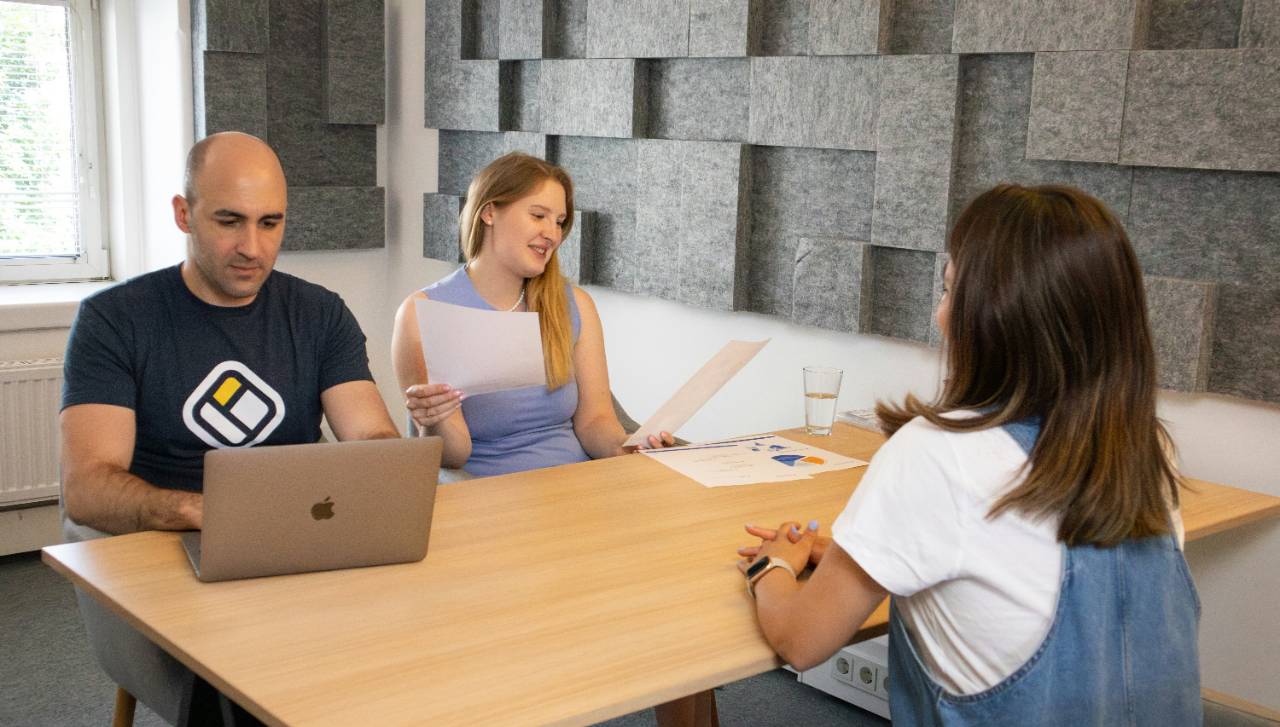- +1 866 773 7452
- info@immigrationexpress.org
- 666 Burrard St, Vancouver, BC V6C 2X8, Canada
We will strive to meet all your business necessities and plans. You can rely on easy accessibility to our qualified staff and prompt solutions to your problems.


In Canada, the dress code for job interviews typically leans towards business formal or business professional attire. Here are some guidelines to follow:
Men:
Women:
General Guidelines:
During job interviews in Canada, it’s important to be mindful of what you say to make a positive impression. Here are some tips on what to avoid saying and what to focus on saying:
Negative Comments About Previous Employers: Avoid criticizing former employers or coworkers. Instead, focus on what you learned from those experiences.
Lack of Preparation: Don’t admit to being unprepared or unfamiliar with the company. Always research the company beforehand.
Overly Personal Information: Avoid sharing personal details unrelated to your qualifications or the job.
Money as the Primary Motivation: While salary and benefits are important, don’t make them the sole focus of your interest in the job.
Inflexibility: Avoid appearing inflexible regarding work hours, location, or job responsibilities.
Disinterest or Lack of Enthusiasm: Show enthusiasm for the role and company. A lack of interest can be a red flag for employers.
Highlight Your Skills and Achievements: Focus on how your skills and experiences align with the job requirements.
Ask Informed Questions: Demonstrate your interest and understanding of the role by asking thoughtful questions about the company and position.
Showcase Your Fit with Company Culture: Discuss how your values and work style align with the organization’s culture and mission.
Demonstrate Adaptability and Problem-Solving Skills: Provide examples of how you’ve overcome challenges or adapted to new situations.
Express Your Interest and Enthusiasm: Let the interviewer know why you are excited about the opportunity and how you can contribute to the company’s success.
Follow Up with Appreciation: After the interview, send a thank-you email expressing gratitude for the opportunity and reiterating your interest in the position.
Send us CV for Job Review
©2020. Canadian Immigration Express. All Rights Reserved.